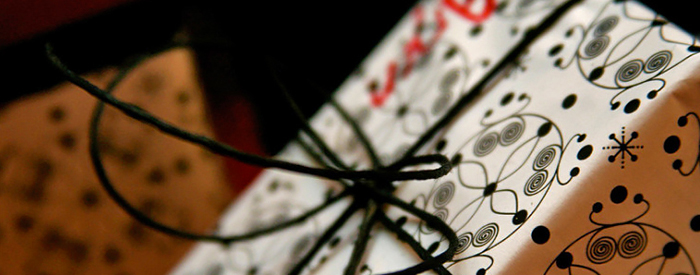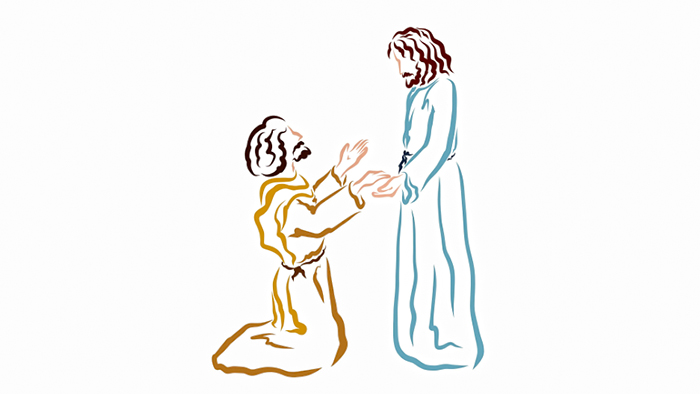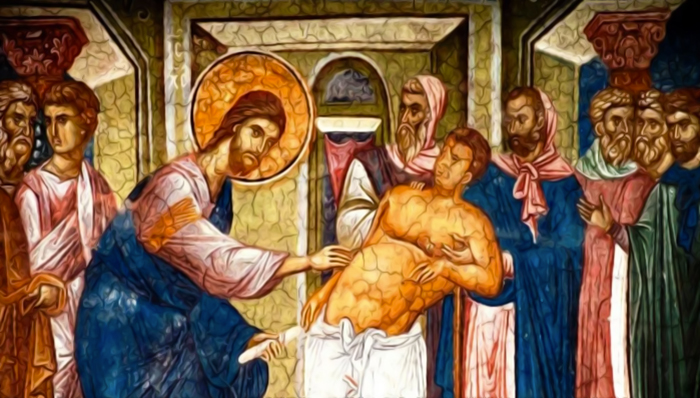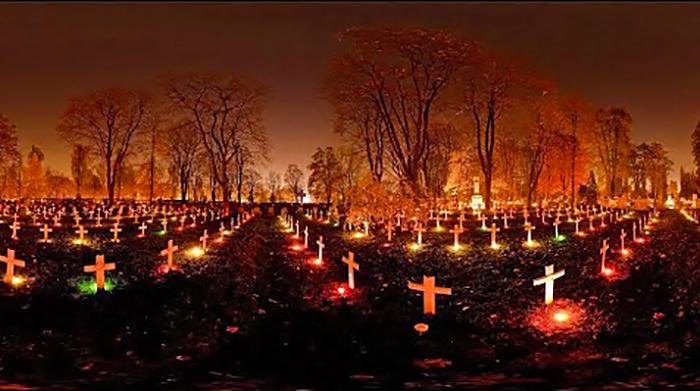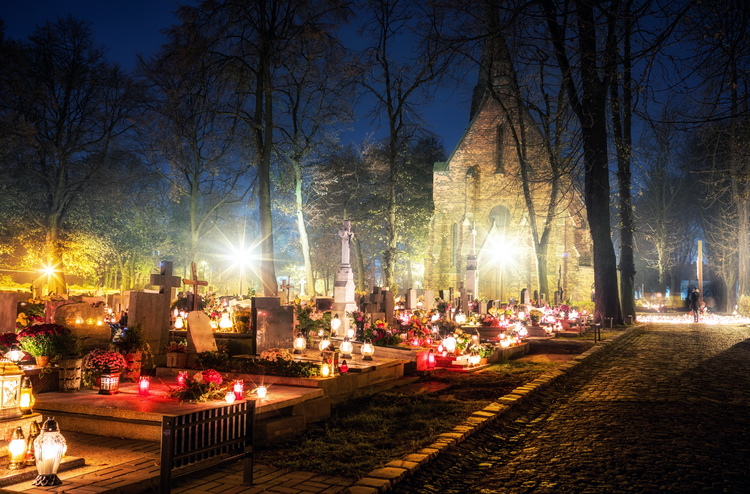
We can see many things in this lesson from Jesus in the Parable of the Dishonest Steward, and one of the most powerful deals with three great spiritual truths exemplified in the steward’s actions. The dishonest steward is in serious trouble, and he knows it. This crisis he is facing is forcing him to make a decision. We can also see this awakening to a choice in the life of Jesus. His mission on earth created a crisis of choice for humankind, “Are you with me or against me?” Jesus demands that we make a choice; there is no grey area. This is the first great spiritual lesson. The second spiritual lesson is seen through the quick assessment that the dishonest steward makes of his situation. He realizes he is too weak to do manual labor and too proud to beg, so he knows he will have no actual capability to support himself. He has looked into the mirror of his life and seen the makings of the crisis – his selfish actions. Jesus knows our pains, failures, and lies. He knows the spiritual turmoil our life has become with our distance from him and his church. The third spiritual lesson is seen in the quick assessment by the dishonest steward and then his decision to act. Jesus does not commend his immoral actions, only his awakening to the crisis and firmly working on a plan to change his life. This is what Jesus asks all of us when we know we’re trapped in a spiritual wasteland. We must be resolute in changing our spiritual life by attending church, focusing on daily prayer, reconciling with the Lord through confession, and practicing an everyday life of being his light and love to all.





